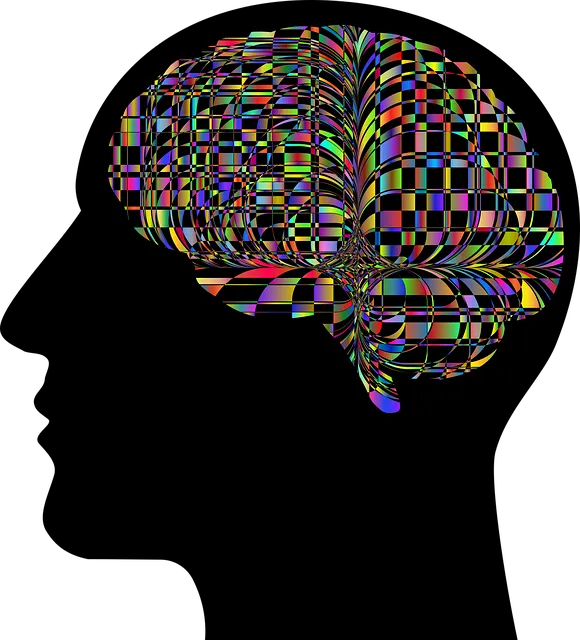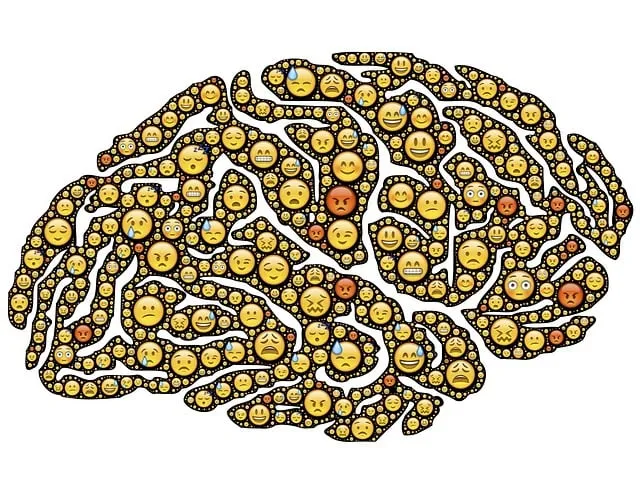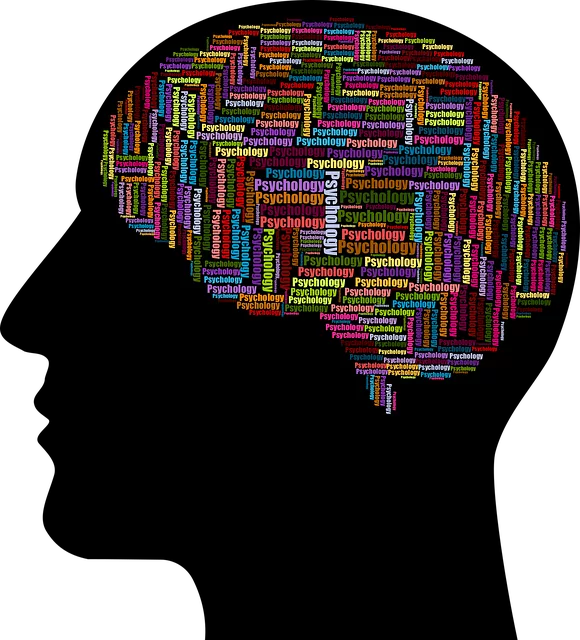Resilience, defined as overcoming adversity, is crucial for mental well-being. The Resilient Front (RFM) framework, offered by Kaiser, provides a powerful tool for enhancing resilience with practical tips for self-care and mental wellness coaching programs. Building resilience requires both physical and mental strength, emphasizing professional counseling, empathy building, and conflict resolution techniques. Kaiser's integrated approach combines advanced therapy with accessible resources to provide superior "how to get mental health help" tailored to diverse populations. By incorporating RFM practices into daily routines, individuals can foster positive thinking and resilience, preventing depression through mindfulness, physical activity, and community initiatives.
“Uncover the power of resilience with a comprehensive guide on RFM (Recovery, Flexibility, and Mastery). This article explores how mental health support plays a pivotal role in building strength against life’s challenges. Discover Kaiser’s innovative approach to providing superior how to get mental health help, empowering individuals to navigate stress and adversity. Learn practical exercises to enhance personal resilience and strategies to incorporate RFM into daily life for long-term wellbeing.”
- Understanding RFM and Resilience: A Comprehensive Guide
- The Role of Mental Health Support in Building Resilience
- Kaiser's Approach to Providing Superior Mental Health Care
- Practical Exercises for Enhancing Personal Resilience
- Incorporating RFM into Daily Life: Strategies for Long-Term Wellbeing
Understanding RFM and Resilience: A Comprehensive Guide

Resilience, often described as the ability to bounce back from adversity, is a crucial component of overall mental well-being. Understanding Resilient Front (RFM) – a framework that helps individuals navigate life’s challenges – can be a game-changer in enhancing one’s resilience. At Kaiser, we recognize that superior mental health help involves empowering individuals with effective tools and strategies to build resilience.
Our comprehensive guide delves into the intricacies of RFM, offering practical tips for self-care practices and mental wellness coaching programs development. By integrating these concepts into your daily life, you can cultivate a robust self-care routine designed to improve mental health. This journey involves recognizing personal strengths, fostering positive relationships, and adopting healthy coping mechanisms – all essential elements in the development of a resilient mindset.
The Role of Mental Health Support in Building Resilience

Building resilience is not just about physical strength; it’s equally about mental fortitude. Mental health support plays a pivotal role in fostering resilience by providing individuals with tools to navigate life’s challenges. According to Kaiser, superior how to get mental health help involves access to professional counseling and therapy that cater to each person’s unique needs. This includes cultural sensitivity in mental healthcare practice, ensuring diverse populations feel understood and comfortable seeking assistance.
Empathy building strategies and conflict resolution techniques are integral components of this process. Therapists trained in these areas can help individuals develop emotional resilience by teaching them to recognize and manage their feelings effectively. Additionally, learning conflict resolution techniques empowers people to handle difficult situations constructively, further enhancing their overall resilience.
Kaiser's Approach to Providing Superior Mental Health Care

Kaiser, a renowned healthcare provider, has pioneered an innovative approach to mental health care, emphasizing a holistic and comprehensive strategy. Their mission is to offer superior how to get mental health help, catering to diverse populations with tailored solutions. By integrating advanced therapeutic techniques with accessible resources, Kaiser aims to empower individuals in managing their mental well-being effectively.
This approach involves not only providing direct crisis intervention guidance but also focusing on preventive measures through mental health education programs design. They actively engage communities and raise public awareness campaigns development, ensuring that mental health services are not just available but also understood and utilized by all.
Practical Exercises for Enhancing Personal Resilience

Resilience is a crucial aspect of mental wellness, enabling individuals to navigate life’s challenges and overcome adversity. Practical exercises play a significant role in building this inner strength. One effective method is how to get mental health help, such as seeking support from professionals like therapists or counselors. The Kaiser network offers comprehensive resources for mental health care, providing individuals with the tools to manage stress and develop coping mechanisms.
Additionally, engaging in regular physical activity, mindfulness practices, and maintaining a balanced lifestyle are essential exercises for resilience development. Public Awareness Campaigns and Mental Wellness Coaching Programs can guide folks towards adopting healthy habits, promoting self-care, and fostering an environment where discussing mental health is normalized. These initiatives contribute to the overall well-being of communities, aiming to depression prevention by empowering individuals with resilience tools.
Incorporating RFM into Daily Life: Strategies for Long-Term Wellbeing

Incorporating RFM (Resilience, Flexibility, and Mindfulness) practices into daily routines is a powerful strategy for cultivating long-term mental wellness. The Kaiser Mental Health Help resources emphasize that by integrating these techniques, individuals can enhance their overall resilience, enabling them to navigate life’s challenges more effectively. For instance, starting the day with mindfulness exercises, such as deep breathing or meditation, sets a calm and focused tone. This simple practice helps in managing stress levels throughout the day.
Additionally, fostering flexibility involves adopting a growth mindset, where individuals view setbacks as opportunities for learning and development. Engaging in regular physical activity, another aspect of RFM, boosts mood and reduces anxiety. The Kaiser resources suggest combining these practices with cognitive-behavioral techniques to create a comprehensive mental wellness coaching program. This mental health education programs design approach empowers individuals to take charge of their mental wellbeing, fostering positive thinking and resilience in all aspects of life.
Resilience is a vital component of overall well-being, and integrating RFM (Recovery, Resilience, and Mental Health) into daily life can significantly enhance our ability to navigate challenges. As discussed in this article, mental health support plays a crucial role in building resilience, with Kaiser leading the way in providing superior how to get mental health help through innovative approaches. Practical exercises outlined here offer a great starting point for individuals to foster personal resilience. By adopting these strategies and incorporating RFM into our routines, we can achieve long-term wellbeing and better cope with life’s uncertainties.






